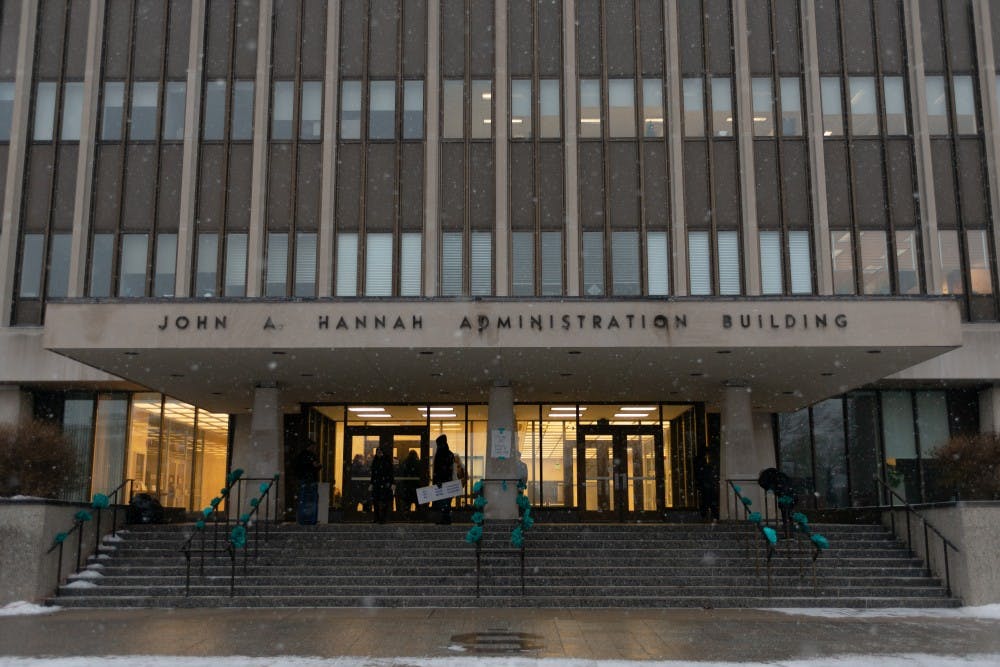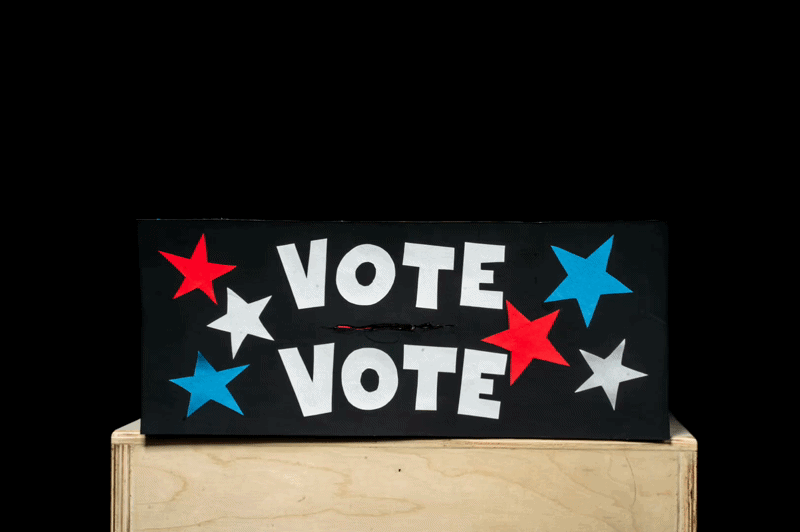In hundreds of victim impact statements at Larry Nassar’s sentencing, survivors talked about more than the disturbing details of the disgraced ex-doctor’s serial sexual abuse.
Some of the statements’ most stirring moments were instead about the people and organizations that allowed him to go unchecked for so long.
The top administrators at Michigan State University, Nassar’s longtime employer, and a subject of much of the contempt, did not attend any of the nine days of statements, a decision criticized by survivors.
They were, however, listening — in a way.
Previously secret legal documents reveal that the university paid attorneys to watch the impact statements and take detailed notes, in hopes of learning more about the looming barrage of civil lawsuits from survivors who accused MSU of allowing the abuse.
In a series of memos, MSU’s lawyers sorted the survivors. Those who had sued the university, or voiced an intention to, were closely watched. The lawyers transcribed parts of their testimony that accused MSU of negligence or provided details of the severity of their abuse.
"We had asked leadership, 'please come listen to us,'" said Rachael Denhollander, a survivor who delivered a 36-minute impact statement that focused heavily on MSU’s role in allowing her abuse. "Not only did they fail to do that, they sent lackeys to engage in a voyeuristic exposé of the abuse so they could craft a litigation strategy without our knowledge."
Denhollander, who was the first woman to publicly accuse Nassar of sexual assault, said "that's nasty."
The courtroom memos are among thousands of documents that MSU withheld from investigators and the public for years, citing attorney client privilege. After pressure from survivors and activists, the university’s board released them to the state attorney general late last year. She closed her investigation and released the documents to the press last week.
The newly public records provide the fullest picture yet of the ways the university monitored and categorized survivors of Nassar’s abuse.
Lawyers were tasked with monitoring survivors' public statements in hopes of staying one step ahead of numerous civil suits; an investigator was hired to find other survivors before they publicly came forward. The university even hired a firm to rank survivors with numerical scores quantifying the severity of their abuse.
The university also hired lawyers to research the backgrounds of women — some survivors, some not — who had signed up to speak at board meetings, a frequent venue for criticism of the university. In one write-up on future speakers, MSU’s lawyers made detailed notes of old Facebook comments and where each person went to high school.
Getting ahead of litigation
In addition to the memos, which sought to learn about the survivors who told their stories during the criminal proceedings against Nassar, MSU also hired an investigator to find new allegations before they came to light.
The practice became a source of controversy in 2018, when a student-athlete alleged that the investigator, Bill Kowzlski of Rehmann Corporate, had outed her as a Nassar survivor while questioning her coach. Lawyers representing other survivors went further, criticizing the university for "investigating victims" at all.
At the time, MSU tried to downplay the allegations. But the new documents include internal communications in which the university seems to concede to the criticisms.
Emails show that after the outing accusation, some MSU administrators and lawyers demanded a strong defense to dispel the claim. But they ultimately took a middling approach, as a full defense could not be done truthfully.
In the first draft of a response to the allegation, an MSU spokesperson suggested saying that "at no time did the university engage in any activity to investigate plaintiffs themselves."
One of the lawyers disapproved, saying it would be inaccurate to assert that the firm had never investigated plaintiffs in the past. They suggested changing the tense to only say the firm "is neither investigating plaintiffs themselves nor interviewing them."
Other lawyers and administrators wanted something stronger. But again, they were told it couldn’t be done truthfully.
Support student media!
Please consider donating to The State News and help fund the future of journalism.
"Everyone on this thread seems confused as to where this is coming from," spokesperson Jason Cody said in an email. "We hired an investigator. That investigator likely did exactly what was alleged."
Sorting in litigation
As the number of women suing the university rose to the triple digits, MSU began using elaborate methods to categorize the plaintiffs and their claims.
Records show MSU had a financial consulting firm assign survivors scores from 0-100 based on the severity of abuse they experienced.
The factors powering the formula included the nature and frequency of abuse, survivors' age at the time, and whether they made ignored reports to MSU.
The firm used the survivors' "severity value" to calculate the expected amount MSU could end up paying after the litigation.
"As crass and reductive as it feels," that sort of math is a necessary part of a settlement like the one survivors won, Denhollander said.
MSU sees it the same way, said spokesperson Emily Guerrant. "This legalese — while a necessary component of the settlement process — does not adequately convey the extent of our commitment and compassion for survivors,” she said in a statement.
That defense may be hard to believe, Denhollander said, “when you mix it with all this other stuff.”
"It seems they were not interested, in any way, in any sort of real change," she said. "It was only listening to defend."
Administration Reporter Owen McCarthy contributed reporting.
Discussion
Share and discuss “‘Only listening to defend’: MSU closely monitored survivors amid Nassar crisis” on social media.







